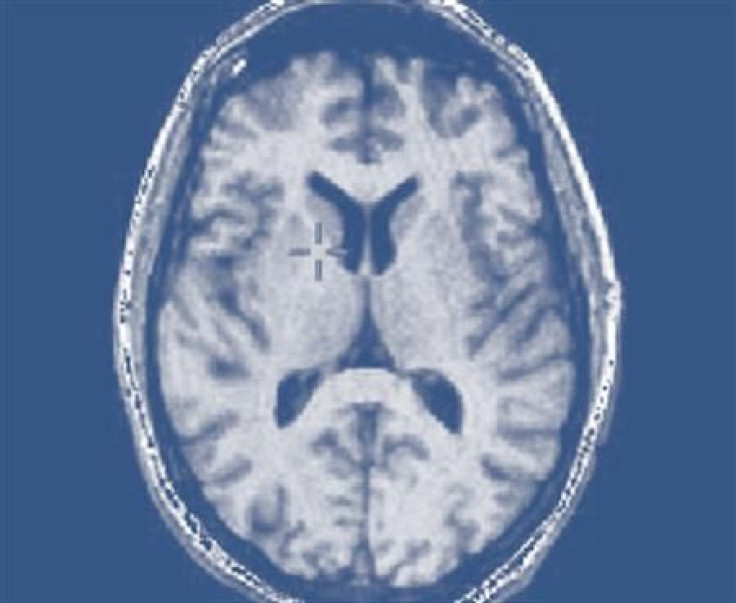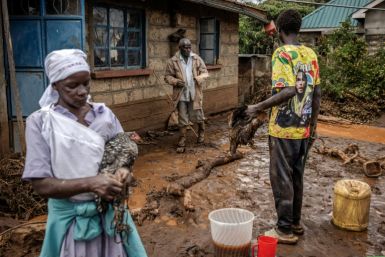US FDA Grants Brain Cancer Therapy Orphan Drug Designation

The US FDA's Office of Orphan Products Development office has granted San Diego-based Nascent Biotech Inc. (OTCQB:NBIO) Orphan Drug Designation for its lead product candidate Pritumumab, according to the company's statement. The company aims to commercialise the drug for the treatment of brain tumors or glioblastomas, or GBM.
Glioblastomas are tumours caused by astrocytes, the star-shaped cells that comprise tissues supporting the brain, according to the American Brain Tumor Association. They reproduce rapidly, because the cells migrate easily through large groups of blood vessels.
The most common symptoms of the disease are increased pressure in the brain, headache, nausea, vomiting and dizziness. A patient can also experience difficulty moving as well as memory or speech problems and visual changes due to GBM.
Among all brain tumours, GBM represents 17 percent and 60 to 75 percent of astrocytomas. The likelihood of suffering from GBM increases with age and is more common with men than women. Three percent of brain tumour cases among kids are GBM.
Pritumumab is the first fully natural human antibody designed for the treatment of GBM. It is directed at Ectodomain Vimentin, or EDV, an abnormal variant of a normal intracellular protein that is expressed on the outside surface of cancer cells. EDV is a novel target that has not been pursued by other biotech firms or large pharmaceutical companies.
No adverse side-effects have been reported from the administration of the drug, except for minor transient liver dysfunction and the appearance of an anti-idiotype antibody. Pritumumab also reduces swelling and increases blood flow to the site of the tumour. The drug has been tested in earlier studies, and has shown an average response rate of 38 percent among patients.
"Our data are comparable with the data generated in the earlier Japanese studies. We anticipate that by modifying the dosing of the previous Japanese human clinical trials, during upcoming domestic human clinical trials, we have the potential to markedly improve response rates," said Dr Mark Glassy, Nascent Biotech's chief science officer.
The Orphan Drug Act, or ODA, is bestowed upon the request of a sponsor for a drug or biological product intended to treat a rare disease or condition. To qualify for the designation, the drug has to treat a disease that affects less than 200,000 diagnosed patients every year. Malignant primary brain cancer and pancreatic cancer drugs are the most common candidates for orphan drug status.
An orphan drug designation also provides a company seven years of marketing exclusivity, tax incentives and cost savings, and allows it to test the drug on a smaller number of patients.
To contact the writer, email: v.hernandez@ibtimes.com.au






